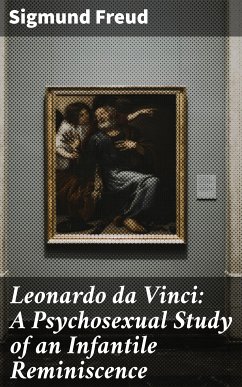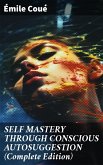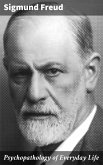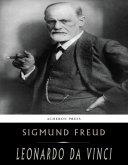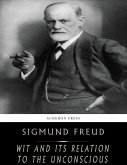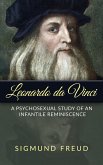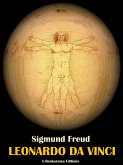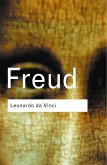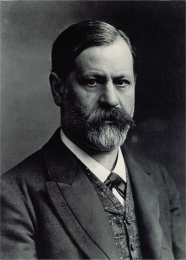In "Leonardo da Vinci: A Psychosexual Study of an Infantile Reminiscence," Sigmund Freud delves into the complex interplay of art, memory, and the unconscious mind through a psychoanalytic lens. This work meticulously examines Leonardo's childhood recollection of being fed by a mythical bird, interpreting it within the framework of Freudian theory. With an innovative blend of psychoanalytic critique and biographical analysis, Freud explores broader themes of creativity, sexuality, and the impact of early childhood experiences on adult expression, placing the work within the context of both historical and contemporary psychoanalytic discourse. Sigmund Freud, the father of psychoanalysis, dedicated his life to exploring the depths of human psychology. His theories on the unconscious, dream interpretation, and psychosexual development profoundly influenced various disciplines, including literature and the arts. This particular study reflects Freud's fascination with the intersection of childhood experiences and artistic genius, likely stemming from his own experiences as a sensitive observer of culture and psychology in the early 20th century. This book is an essential read for scholars of psychology and art alike, as it offers profound insights into Leonardo'Äôs psyche that resonate well beyond his era. Freud's unique approach invites readers to reflect on the origins of creativity and the psychological complexities inherent in the human experience.
Dieser Download kann aus rechtlichen Gründen nur mit Rechnungsadresse in A, B, BG, CY, CZ, D, DK, EW, FIN, F, GR, H, IRL, I, LT, L, LR, M, NL, PL, P, R, S, SLO, SK ausgeliefert werden.

